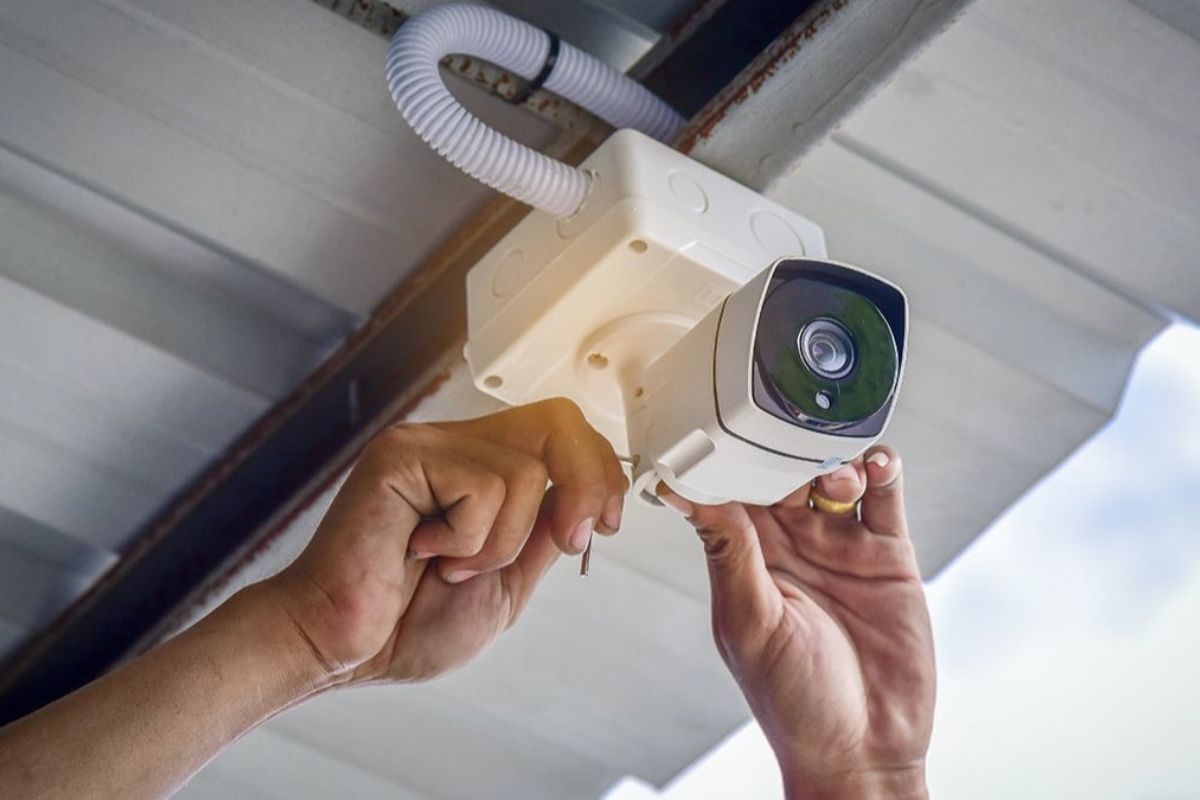In view of Malaysia’s continued development as a key economic hub in Southeast Asia, security is now an essential component for economic growth and to create a conducive atmosphere for businesses and investments. Professional security companies in Malaysia have roles that run beyond just protecting—because their roles have direct impacts on the nation’s economic stability and growth.
1. Boosting Business Confidence
On the most immediate side, it’s boosting business confidence. This means when companies are secure, they are more likely to invest, expand their operations, and do new ventures. Security supports economic vibrancy; a perfect example of how Malaysia with its booming urban centers and industrial diversity, is the case. Security company in Malaysia are important for businesses in the manufacturing and technology sectors to protect their assets and their personnel. Business leaders are able to linger comfortably on innovation and productivity without the anxiety of any potential disruption.
2. Foreign Direct Investment (FDI)
Malaysia’s economy depends on Foreign Direct Investment (FDI). The environments that attract investors are those that are stable and low risk of criminal activity or security threats. The FDI in those countries increases with strong security infrastructure. For example, Malaysia has made it more attractive to foreign businesses because of its focus on improving public and private security. The tangible proof of Malaysia’s commitment to safety is the collaborations with professional security companies, which tell potential investors that their interests are safe.
The data from the Malaysian Investment Development Authority (MIDA) also showed that when security-related improvements are incorporated into more comprehensive economic development plans, the FDI inflows tend to increase. Apart from funding the local economy, these investments bring job opportunities to the nation, and they increase the nation’s financial resilience.
3. Jobs Creation and Workforce Development
It is a significant employer in the security sector itself. With the enhanced security measures and the slave presence of specialized security companies, the project creates job openings in many of the roles that make up the following; surveillance specialists, security guards, cyber analysts, and security consultants. It is not only an employment sector but also a sector that enhances skills development. Many security companies in Malaysia do offer training programs to their staff, armed with additional skills like emergency response, cyber risk mitigation, and conflict resolution.
Preparation of a segment of the population for careers serving both public safety and economic prosperity is what these roles contribute to workforce development. In addition, the entry of skilled workers into the economy augments Malaysia’s comparative advantage in the region.
4. Ensuring the security of Key Economic Sectors
Manufacturing, oil and gas, and tourism are key industries for Malaysia’s economy. Maintaining these sectors in a position to contribute to the national GDP depends on ensuring that they are secure. The physical security and technological measures are combined to protect these vital sectors and security company in Malaysia have an integral part in this.
A good example would be the manufacturing sector which is often a high value machine and sensitive intellectual property-dependent sector and therefore benefits from such security measures as 24/7 monitoring and access control systems. Just like the tourism industry, which draws millions of visitors every year, also depends on safety assurances. Not only does it help to mitigate risks of theft or vandalism, enhanced security is a great thing for passing the word of a steady flow of income to local businesses, as it reassures tourists.
5. Reducing Costs Associated with Crime
Security infrastructure investing cuts the economic cost of crime and theft. Direct costs of criminal activities can be substantial — property damage, financial loss, disruption of business operations — and they can operate independently of any direct payment. In addition, there are indirect costs of increased insurance premiums, decreased property values, and lost productivity.
These costs are minimized when safety strategies are implemented by security companies in Malaysia. For example, integration of CCTV surveillance, on site patrols, and alarm response services have been effective in deterring most criminal activities. Data from the Royal Malaysia Police shows that areas with more security measures have had lower crime rates which saves the cost of both businesses and local authorities.
6. Infrastructure Development
Economic growth relies on infrastructure development and the security of major projects must be maintained. Security measures ensure that projects don’t hit a major snag from theft or vandalism from transportation networks to smart city initiatives. Malaysia’s security companies get in by providing services like project site surveillance, real time monitoring, and crisis management protocols that help in minimizing risks and project timeliness.
For example, Malaysia’s expanding urban infrastructure has been supported by security measures custom made to large scale construction sites, to protect assets and keep workers safe. Not only is this important in keeping projects on track itself, but also as a complement to the other growth of the construction and real estate sectors, which are two of the largest contributors to the country’s GDP.
Conclusion
The economic impact of enhanced security measures far exceeded that of simple safety concerns. Professional security company in Malaysia are essential for the state’s economic landscape, as they foster business confidence, attract foreign investments, generate jobs, protect key sectors, reduce ‘crime associated’ costs, and support infrastructure development. Good security, aimed at public safety would mean a proactive approach and it will pave the way for sustainable economic development.












